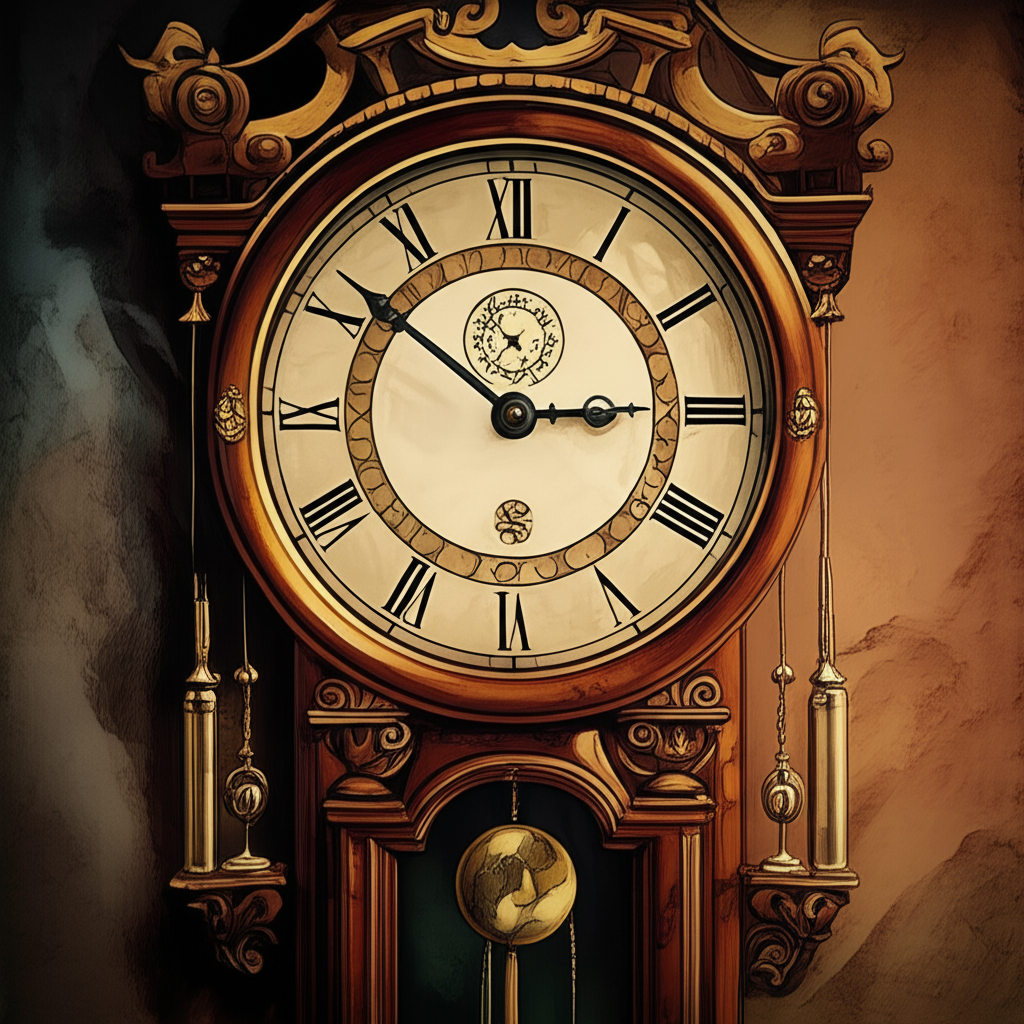
The superstition surrounding a broken clock suddenly chiming as a harbinger of death in the family is a belief rooted in historical context and evolving cultural anxieties about time, mortality, and the unknown. This article will explore the origins, development, and modern interpretations of this enduring superstition.
Historical Background: The association of clocks with death is a relatively recent phenomenon compared to many older death omens. The presence of clocks in domestic settings was uncommon before the late sixteenth century. Prior to that, mechanical clocks were primarily utilized in church bells, which served as the primary timekeeping method besides observing the sun’s movement. The very word ‘clock’ originates from the French term ‘cloche,’ meaning bell, further cementing this early association. During the Tudor period, complex timepieces were a luxury accessible only to the wealthy, while the majority of the population relied on daylight hours for work and rested at dusk.
Cultural Beliefs and Anxieties: Grandfather clocks began to gain popularity in affluent homes by the mid-seventeenth century. However, it wasn’t until the mid-eighteenth century that mechanical clocks became a standard feature in ordinary households. These early clocks required regular winding to maintain accuracy, and their winding mechanisms were susceptible to damage. Overwinding or incorrect winding could lead to the chime malfunctioning or the clock stopping entirely. This was perceived as a sinister omen by many. Having depended on the sun’s position for generations, the concept of time ceasing was alarming. A stopped clock became associated with a life ending. Therefore, if a clock that had been silent for an extended period suddenly chimed, it was interpreted as a message from beyond, indicating an imminent death.
Evolution of the Superstition: The superstition’s prevalence is evident in historical accounts and literature. A notable example is the book The Clock Struck One, and Christian Spiritualist: Being a Synopsis of the Investigations of Spirit Intercourse by an Episcopal Bishop, Three Ministers, Five Doctors, and Others, at Memphis, Tenn., written in 1873 by the American minister Reverend Samuel Watson. This book documents supposed paranormal occurrences, including instances of old clocks striking just before deaths, including those of Watson’s wife and two children. This publication illustrates the serious consideration given to the superstition during that era.
Modern Interpretations: Despite advancements in technology and scientific understanding, the superstition persists in some circles. The anxieties surrounding time and death, as well as the fear of the unknown, continue to fuel the belief that a broken clock suddenly chiming signifies impending doom. Although often dismissed as mere folklore, the superstition remains a testament to the enduring power of cultural beliefs and the human tendency to seek meaning in coincidental events. As Watson himself noted, many dismiss unexplained events to avoid being labelled ‘superstitious,’ which implies the continued presence of this belief, albeit often unspoken.